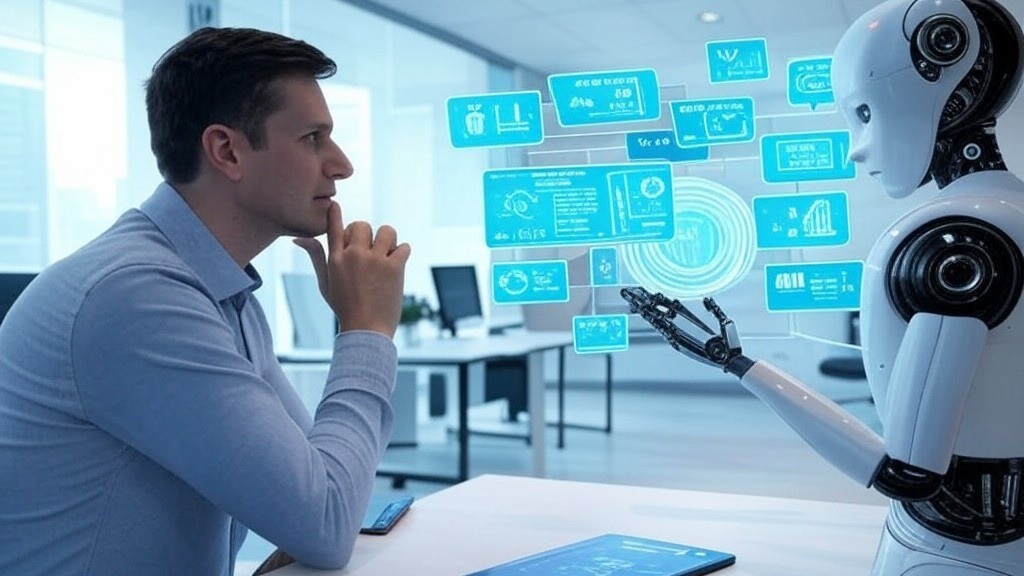The last human skill: finding the right problem to solve in the age of AI

- marketing
- Categories: Isidoros' blogposts
- Tags: AI, CX, Loyalty
Throughout history, problem-solving has been at the heart of human progress. But solving a problem is only half the battle—the real challenge is identifying the right problem to solve. In an era where AI is rapidly automating tasks, analyzing data, and even generating solutions, I believe that the ability to define the right problem will be the most important human skill in the next decade.
AI solves, humans define
AI is already outpacing humans in many domains of problem-solving. From diagnosing diseases to optimizing logistics, AI-driven systems are faster, more accurate, and capable of processing vast amounts of information. However, AI lacks problem intuition—it doesn’t inherently know which problems are worth solving.
This is where humans remain indispensable. The ability to spot inefficiencies, anticipate future needs, and recognize hidden opportunities requires desires—and desires require instincts that humans possess because of their Darwinian nature, something AI, for all its computational power, lacks.

Why the right problem matters more than ever
The wrong problem, no matter how efficiently solved, leads to wasted resources and missed opportunities. The greatest breakthroughs come not from simply applying solutions but from redefining the problem itself.
Consider companies that failed to adapt to digital transformation—not because they lacked technology, but because they misidentified the real challenge. Blockbuster didn’t fail due to a lack of streaming technology; it failed because it saw itself as a rental business rather than an entertainment provider. AI can optimize an existing system, only humans can redefine the system itself.
The skill that will define the next decade
As AI continues to automate execution, the highest-value skill will shift from solving problems to finding them. This requires:
- Curiosity – The ability to question assumptions and see beyond the obvious.
- Systems thinking – Understanding how problems interconnect within a larger ecosystem.
- Empathy – Recognizing human needs that data alone cannot reveal.
- First principles thinking – Breaking down complex issues into fundamental truths to redefine the problem from scratch.
In a world where AI can answer any question, the real competitive advantage will lie in asking the right questions.

How to cultivate this skill
To remain relevant in the AI-driven future, we must train ourselves to become better at problem discovery:
- Observe before solving – Resist the urge to jump to solutions. Spend more time understanding the real pain points.
- Question defaults – Challenge why things are done a certain way instead of accepting them as given.
- Engage in cross-disciplinary thinking – Many breakthroughs come from applying insights from one field to another.
- Use AI as a thought partner – Instead of just asking AI for answers, use it to explore different angles of a problem.
The future belongs to problem finders
AI will continue to revolutionize how we work, think, and create. But as automation handles more of the “how,” humans must focus on the “what” and the “why.”
In the next 10 years, the leaders, innovators, and changemakers won’t just be those who can solve problems. They will be the ones who can find the right problems to solve.
And that, I believe, is the last—and most valuable—human skill AI will ever replace.